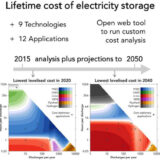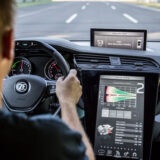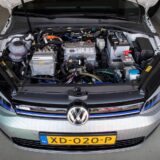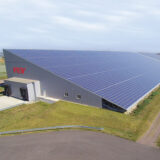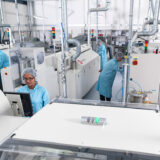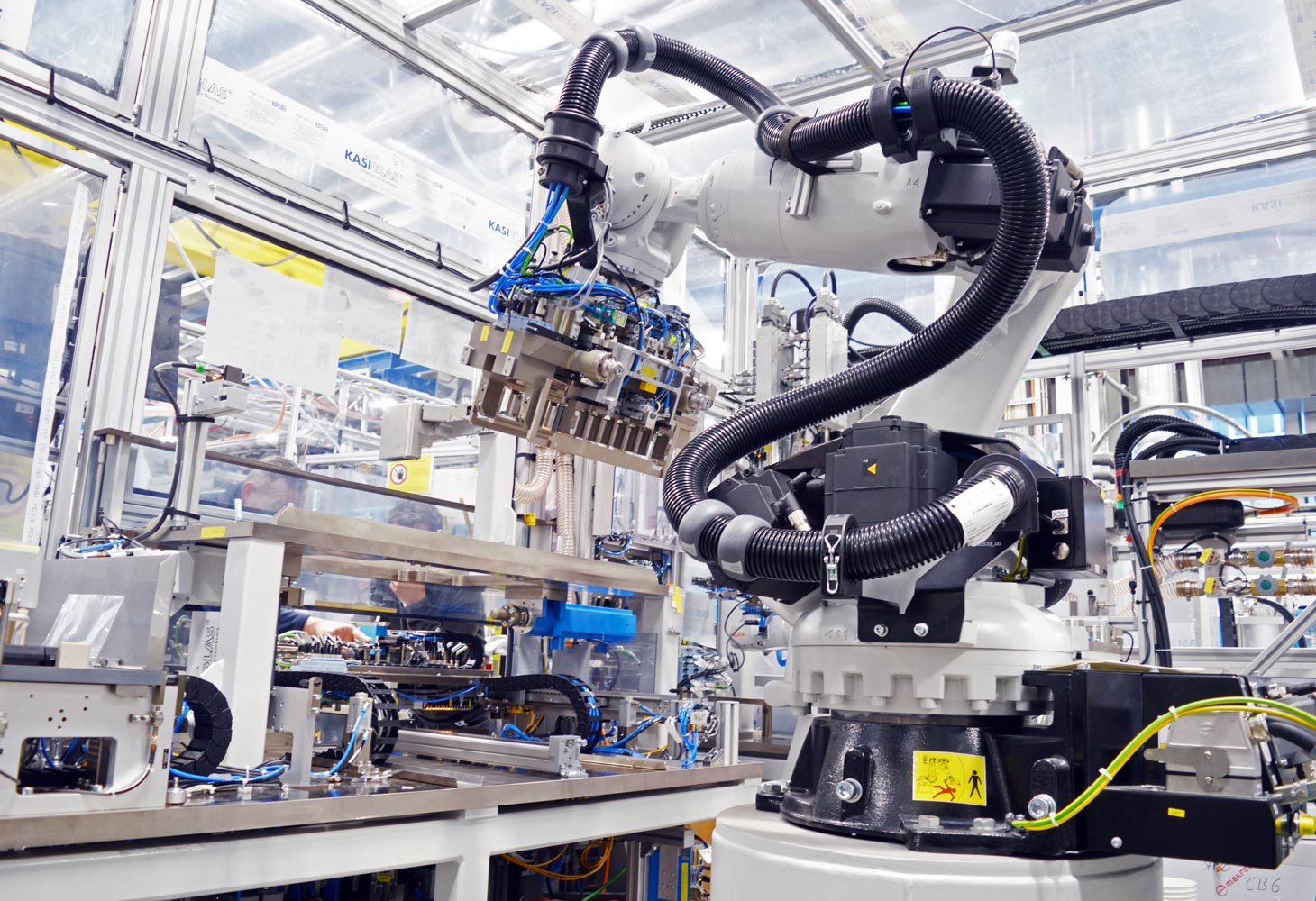
Bosch to supply factory equipment for battery production
The battery market is huge. Experts predict that demand for lithium-ion batteries will rise from around 200 GWh in 2019 to more than 2,000 GWh by 2030, according to BMWi, a sub-group of German automaker BMW focused on sustainable, customer-oriented mobility solutions. Currently, more than 60% of that demand stems from electromobility, according to VDMA, the voice for mechanical engineering in Germany and Europe.
“Our assumption is that the global battery market will grow up to 25% each year. Bosch is doing its part to meet this demand,” says Rolf Najork, member of the board of management responsible for industrial technology.
Bosch, a global supplier of technology and services based in Stuttgart, Germany, is pooling its mechanical engineering expertise and offering companies factory equipment for battery production from a single source – ranging from individual components and software solutions to complete assembly lines. One of its pilot customers is Webasto, which is equipping its battery factories with Bosch technology.
Webasto is a pioneer in the production of battery packs. Webasto has been involved in electromobility since 2016 and, in addition to high-voltage heaters and recharging solutions, also focuses on battery systems for electrified vehicles. Battery production at Webasto’s plant in Schierling, Germany, serves
as a blueprint for new production facilities like the one in Dangjin, Korea. Bosch’s role is to supply automated assembly lines for welding and gluing the battery cells.
In entering this business, Bosch aims to increase vertical integration in mechanical engineering and, by 2025, to generate annual sales of some EUR250 million (USD295 million) with equipment for battery production. The company also uses its production know-how in its own plants: at its plant in Eisenach, Germany, it is now launching full-scale production of second-generation 48-volt batteries. The company is investing some EUR70 million (USD82 million) this year in expanding local manufacturing operations.
“We know batteries like the back of our hand, as well as how they have to be manufactured,” says Najork.
The company offers a portfolio of solutions ranging from 48-volt mild hybridization to fully electric drives and fuel cells. It has experience in developing batteries for vehicles as well as for e-bikes, power tools, and kitchen appliances, and has extensive manufacturing expertise. Bosch says it intends to use this know-how to meet the growing demand.






